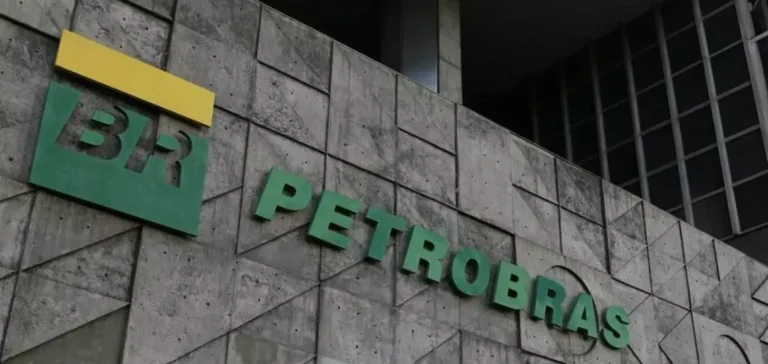Petrobras will apply a 14% reduction on natural gas prices sold to distributors starting August 1, compared to the previous quarter. This decision comes in a context of an 11% decline in Brent oil prices and a 3.2% appreciation of the Brazilian real against the US dollar. The company revises its rates quarterly to limit short-term volatility in the domestic market.
This decrease represents the latest in a series of adjustments that have reduced natural gas prices by 32% since December 2022. The new pricing structures could generate substantial savings for local distributors. According to industry estimates, reductions could reach $132 million for 2025, thanks notably to incentive mechanisms offering discounts up to 11.5% for customers maximizing their contracted volume usage.
Record Production and Enhanced Infrastructure
Natural gas production in Brazil reached a record level of 172.3 million cubic meters per day in May 2025, according to the National Petroleum Agency (ANP). This 18.3% increase compared to May 2024 is mainly explained by the commissioning of new infrastructure. The Route 3 pipeline, with a capacity of 18 million cubic meters per day, and the Boaventura Energy Complex gas processing plant, capable of treating 21 million cubic meters daily, began commercial operations in November 2024.
Despite this production increase, approximately 95.5 million cubic meters per day were reinjected into reservoirs in May to maintain pressure and optimize oil extraction. This practice, common in the industry, limits the amount of gas available for the domestic market to 55.4 million cubic meters per day. Flaring represented 4.3 million cubic meters daily during the same period.
Government Policy and Distribution Challenges
The government of Luiz Inácio Lula da Silva considers cheap energy, particularly natural gas, as a catalyst to stimulate industrial activity. The Minister of Mines and Energy, Alexandre Silveira, has been mandated to find ways to reduce gas prices and increase domestic supply. This approach is part of a broader strategy aimed at reducing the country’s dependence on imports, notably for nitrogen fertilizers whose production requires significant amounts of natural gas.
Price reductions announced by Petrobras do not automatically translate into equivalent decreases for final consumers. Pump prices depend on multiple factors including federal and state taxes, ethanol blending ratios, and profit margins of distributors and retailers. This situation has led Brazilian authorities to open investigations into potential anti-competitive practices in the distribution chain. The Economic Defense Administration (CADE) and the Attorney General’s office are currently examining why Petrobras’ rate reductions are not fully reaching consumers.
Leadership and Investment Strategy
Under the leadership of Magda Chambriard, appointed CEO in June 2024, Petrobras must accelerate its investments in refineries and gas infrastructure. The company’s five-year strategic plan foresees $102 billion in investments, including $17 billion for refineries and $9 billion for natural gas and alternative energies. Her mandate, renewed until April 2027, confirms the continuity of the Lula government’s energy policy.
Petrobras also modified its pricing policy in May 2023, abandoning the international parity model to adopt an approach prioritizing domestic market stability. This strategy aims to protect Brazilian consumers from international market volatility while maintaining the company’s competitiveness. Since January 2023, diesel prices have fallen by 34.9% and gasoline by 17.5%, although these decreases are only partially reflected in prices paid by final consumers.
Challenges remain numerous for the Brazilian gas sector. Domestic production of nitrogen fertilizers remains economically unviable at current natural gas prices, forcing the country to import 85% of its needs. Brazil aims to produce 45 to 50% of its fertilizer needs by 2050, an objective that will require a stable and affordable natural gas supply. Moreover, the country’s high electricity tariffs, among the most expensive in Latin America, represent up to 18% of the poorest households’ income, highlighting the importance of a balanced energy policy that reconciles industrial development and social justice.






















